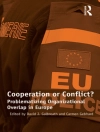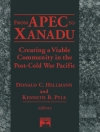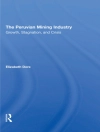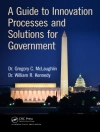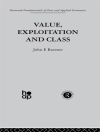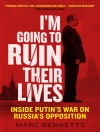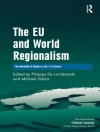2007 CHOICE Outstanding Academic Title
What is the proper role for literature in political thought and analysis? Can reading novels make us better citizens of a liberal democratic society? What is the status of argument and reason in an academy dominated by readings and redescriptions? Simon Stow identifies a potentially detrimental literary turn in the contemporary academy, arguing that the study of literature and the study of politics have become somewhat indistinguishable enterprises. Drawing on the work of Judith Butler, Terry Eagleton, Martha Nussbaum, and Richard Rorty, he examines the problematic claims, circular reasoning, and misplaced assumptions that underpin this disciplinary merging, and seeks to defend political philosophy and social science against the rival claims of literature and literary criticism as sources of political insight and construction.
Mục lục
Acknowledgments
Introduction
Part 1 Theoretical Foundations
1. Arguments and Readings: Philosophy in a Postfoundational World
Part 2 The Literary Turn in Thought and Practice
2. Martha Nussbaum: Literary Imagination and the Public Life
3. Richard Rorty: Non-Philosopher Kings and the Literary Republic
4. Terry Eagleton: Is There a Class in This Text? Literary Criticism and Social Theory
5. Judith Butler: Politics, Literature, and Radical Democracy
Part 3 The Future of the Literary Turn?
6. How to Read a Novel in a Democracy: Literature and Public Ethics
7. Beyond the Dolorous Haze: Literature in Political Thought and Analysis
8. Conclusion: The Literary Turn and Contemporary Political Discourse
Notes
Index
Giới thiệu về tác giả
Simon Stow is Assistant Professor of Government at the College of William and Mary.


